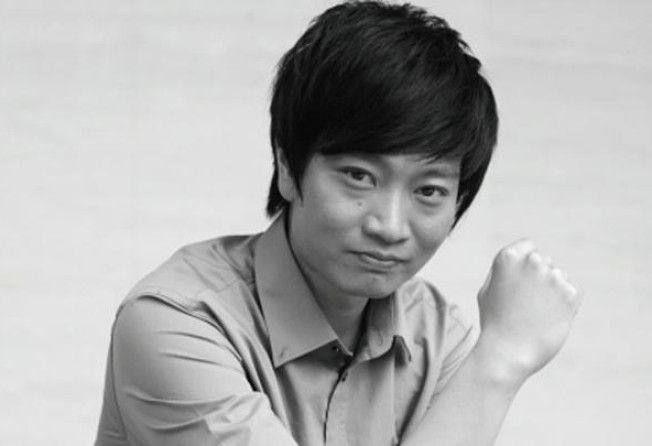Exposé on commentator Kato Yoshikazu draws mixed reaction
Revelation that Kato Yoshikazu fudged credentials does not diminish his work, some argue

With his sharp social criticism and incisive commentary on Sino-Japanese relations, Kato Yoshikazu has been a darling of the Chinese media since he arrived in 2003 not knowing a word of Chinese.
He was easily the best-known Japanese national on the mainland - a frequent columnist, talk-show guest and interview subject - before he left to study at Harvard University this year. His Sina Weibo account has nearly 1.6 million followers.
But Yoshikazu found himself cast in a new, less favourable light on both sides of the East China Sea last week after revelations that he lied about details of his biography rekindled discussion about academic fraud and résumé padding on the mainland.
The 27-year-old commentator was forced to apologise after a report in the Japanese tabloid Shukan Bunshun that found he had never received an offer letter from Tokyo University. Choosing China over the prestigious university was a key detail that had helped endear him to his Chinese followers.
The weekly also said it could find no evidence that someone by the name of Kato Yoshikazu participated in Japanese judo competitions, calling into question his claim that he once won fourth place at a national judo championship.
The report pointed out still more inconsistencies, such as Yoshikazu's claim in a Chinese book that the Japanese government sponsored him to study in China while telling Japanese publications that he was sponsored by the Chinese Ministry of Education.
Yoshikazu - now a guest researcher at Harvard's Kennedy School of Government - quickly issued a public apology in which he admitted his claim about an offer letter from Tokyo University was "not the truth". He chalked up his blunders to immaturity and naivety.
"I offer my deep apology for my arrogance and the misunderstanding and confusion that it has caused," he said. "But I'll make efforts to improve myself in order to be a person people can trust."
Such a confession was particularly embarrassing for Yoshikazu - a regular columnist for the Chinese edition of the Financial Times - because he had frequently used his Weibo account to sound off about academic fraud on the mainland and misinformation by the Japanese government.
Shukan Bunshun labelled him an opportunist "who bad-mouthed Japan while in China and said nasty things about China when he was in Japan".
The story quickly caught fire on the mainland, where some began to question other aspects of Yoshikazu's impressive résumé, such as his undergraduate and graduate degrees from Peking University. Some media rushed to the commentator's defence, while others sought social explanations for his behaviour.
On Friday, the China Youth Daily argued that the media's obsession with promoting foreigners who have a fondness for China may have encouraged him to embellish his life story. But the paper said such mistakes should not discredit his other accomplishments.
The paper noted that Yoshikazu's prompt apology had set him apart from other mainland figures who were found to have fudged or glossed over details of their résumé.
A Qianjiang Evening News commentary suggested that such indifference towards fraud provided fertile ground for social climbers like Yoshikazu.
"If someone came to study in China at the age of 19 and had been good at observing and studying this country, he might easily take notice of that lack of good sense and judgment and become delirious with excitement," it said.
Peking University told the Beijing Times it stood by its decision to admit Yoshikazu. However, Xiong Bingqi, a regular commentator for The Beijing News, wrote that the University must investigate Yoshikazu's admission before rushing to exonerate him.